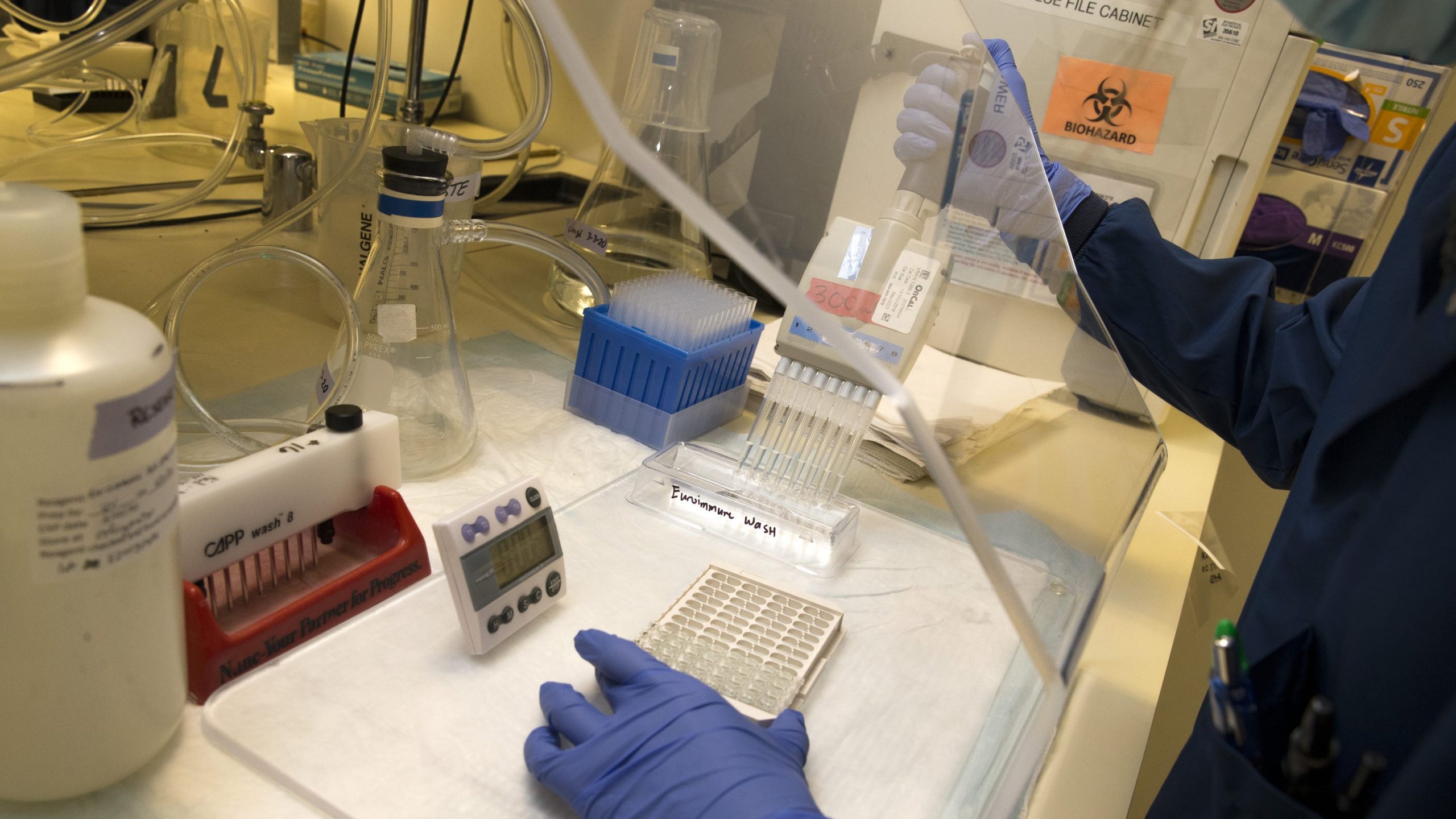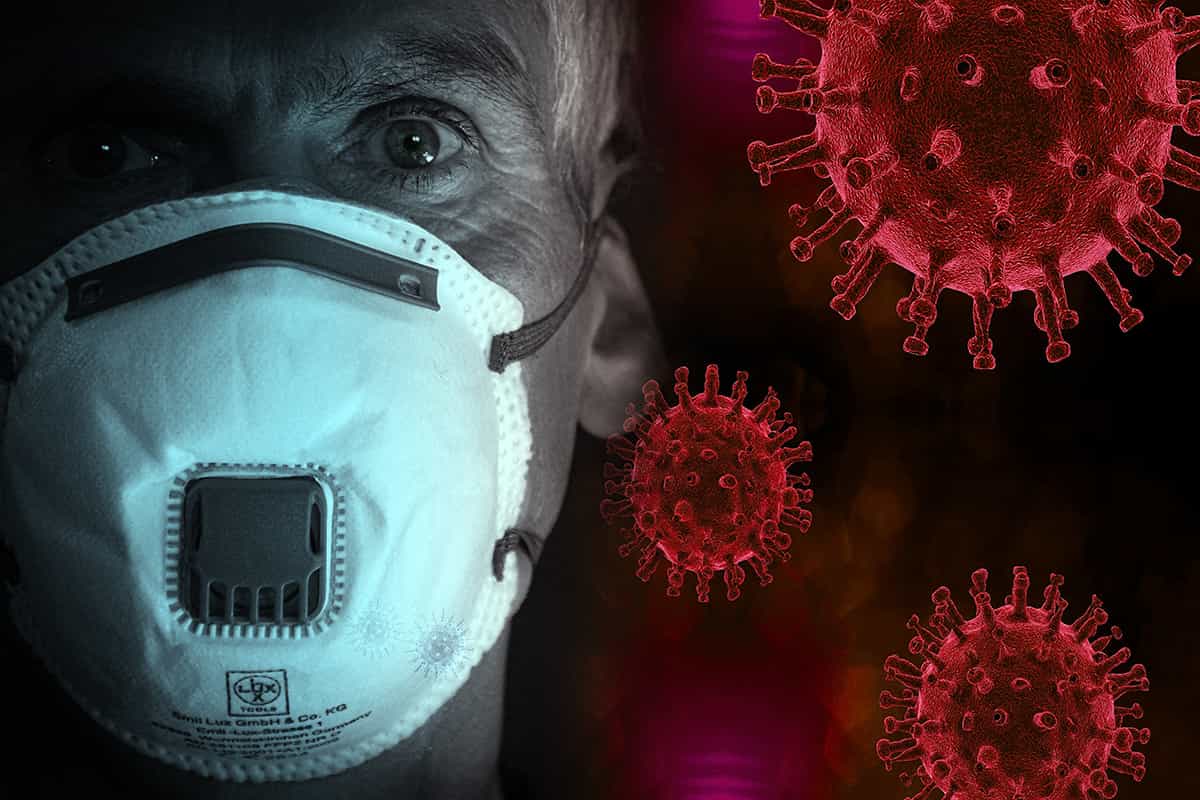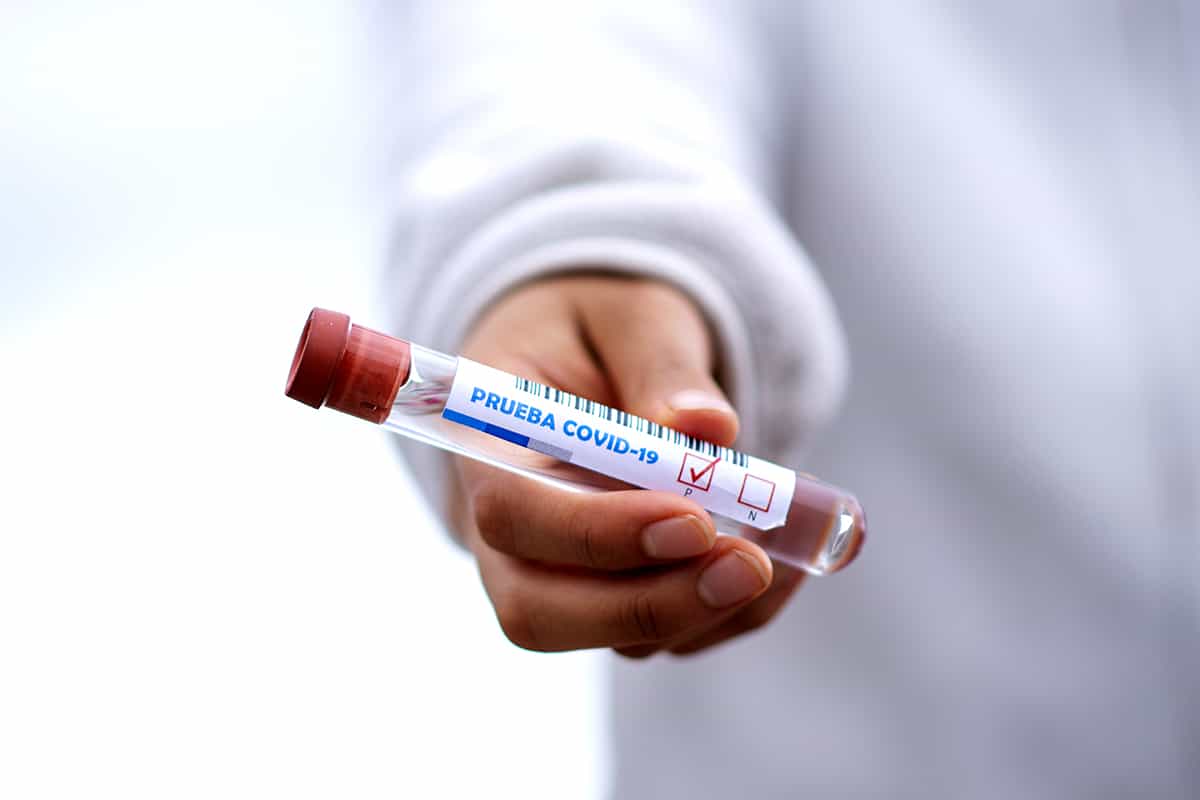OPINION
Dr. Konstantin Chumakov and Dr. Robert Gallo, Opinion Contributors
Published 3:15 a.m. ET April 21, 2020 | Updated 6:23 a.m. ET April 21, 2020
CLOSE![]()
Pressure to create a coronavirus vaccine is increasing by the day, but for a safe vaccine to enter the market, it takes time.
USA TODAY
Using the oral polio vaccine could prevent or reduce the spread of COVID-19 to immunized individuals.
Ultimate control over COVID-19 will be possible only after a large part of the world population becomes immune. This can happen either after a large fraction of the world population gets infected or by prophylactic vaccination. Efforts are underway to accelerate the development of safe and effective vaccines. However, vaccines can be used for mass immunization only if they prove to be safe and effective by thorough clinical evaluation. Given the time this requires, vaccines specific to COVID-19 are likely to remain unavailable for mass immunization during the current pandemic.
In the meantime, we propose an approach to mitigate the SARS-CoV-2 pandemic through the use of existing attenuated live viral vaccines. In particular, oral polio vaccine has been documented to induce protection against a number of viral and bacterial infections. OPV, developed by Albert Sabin, consists of attenuated (weakened) poliovirus and has been used with great success in worldwide efforts to eradicate poliomyelitis.
The importance of innate immunity
In addition to protecting against polio by inducing antibodies that kill the virus, OPV activates other protective mechanisms, including an innate immune system, thus making people resistant to infections caused by other viruses and bacteria. For example, in large scale multicenter clinical trials conducted in the 1970s during outbreaks of seasonal influenza, OPV protected more people from influenza than most flu vaccines do. Furthermore, observational studies in many countries suggested that the hospitalization rate and the overall mortality among children immunized with OPV were consistently lower compared with unimmunized children, even in the absence of poliovirus in communities.
Related studies revealed that similar nonspecific protection can be induced by immunizing people with measles vaccine, tuberculosis vaccine (BCG) and some other live attenuated vaccines. These observations suggest that the nonspecific protective effects are a result of boosting innate immunity that is our body’s front-line defense against infectious agents. This protection would last for a period of several weeks or months preventing or reducing the severity of disease in immunized individuals and slowing down the spread of COVID-19.
Lower incidence of COVID-19 in countries using BCG could suggest that the nonspecific protective effects could last much longer. Involvement of innate immunity could be particularly important because there is an indication that it is suppressed by SARS-CoV-2, while immunization with live vaccines is expected to stimulate it.
OPV is a proven safe and inexpensive vaccine routinely used orally in young infants and even newborn babies around the world. Focused analysis and experimentation will be required to ascertain how best to deploy a vaccine conferring high immunity but for a limited duration.
Doctors: Violent trauma will surge amid coronavirus upheaval. We’re already seeing it.
In summary, we propose here that trials to test the potential of vaccination with OPV should be quickly explored as a tool to mitigate the pandemic until vaccines specific to SARS-CoV-2 become available. If the outcome of trials proves positive, this approach could be used to control this pandemic as well as subsequent waves of COVID-19, if they occur.
The demonstrated ability of OPV to activate nonspecific immune responses provides a unique opportunity to reset the course of the pandemic. Researchers are testing multiple drugs licensed for other indications to ascertain whether they are effective against SARS-CoV-2. Since strong science already points to the broad nonspecific protective effects of live attenuated vaccines, trials of OPV should now join the drug trails in the quest for effective tools against COVID-19.
Dr. Konstantin Chumakov, associate director for research in the Food and Drug Administration Office of Vaccines Research and Review, is the director of its Global Virus Network Center of Excellence. Dr. Robert Gallo is The Homer & Martha Gudelsky Distinguished Professor in Medicine, co-founder and director of the Institute Human Virology at the University of Maryland School of Medicine, and the co-funder and international scientific adviser of the Global Virus Network.
Autoplay
Show Thumbnails
Show Captions
Autoplay
Show Thumbnails
Show Captions
Read or Share this story: https://www.usatoday.com/story/opinion/2020/04/21/oral-polio-vaccine-has-potential-treat-coronavirus-column/5162859002/








